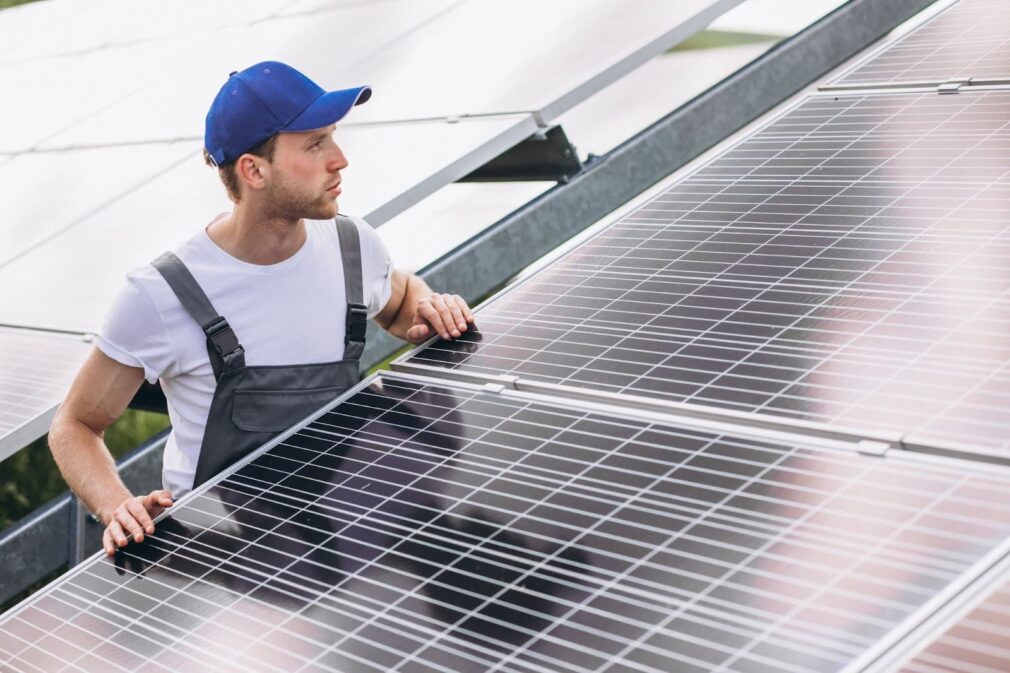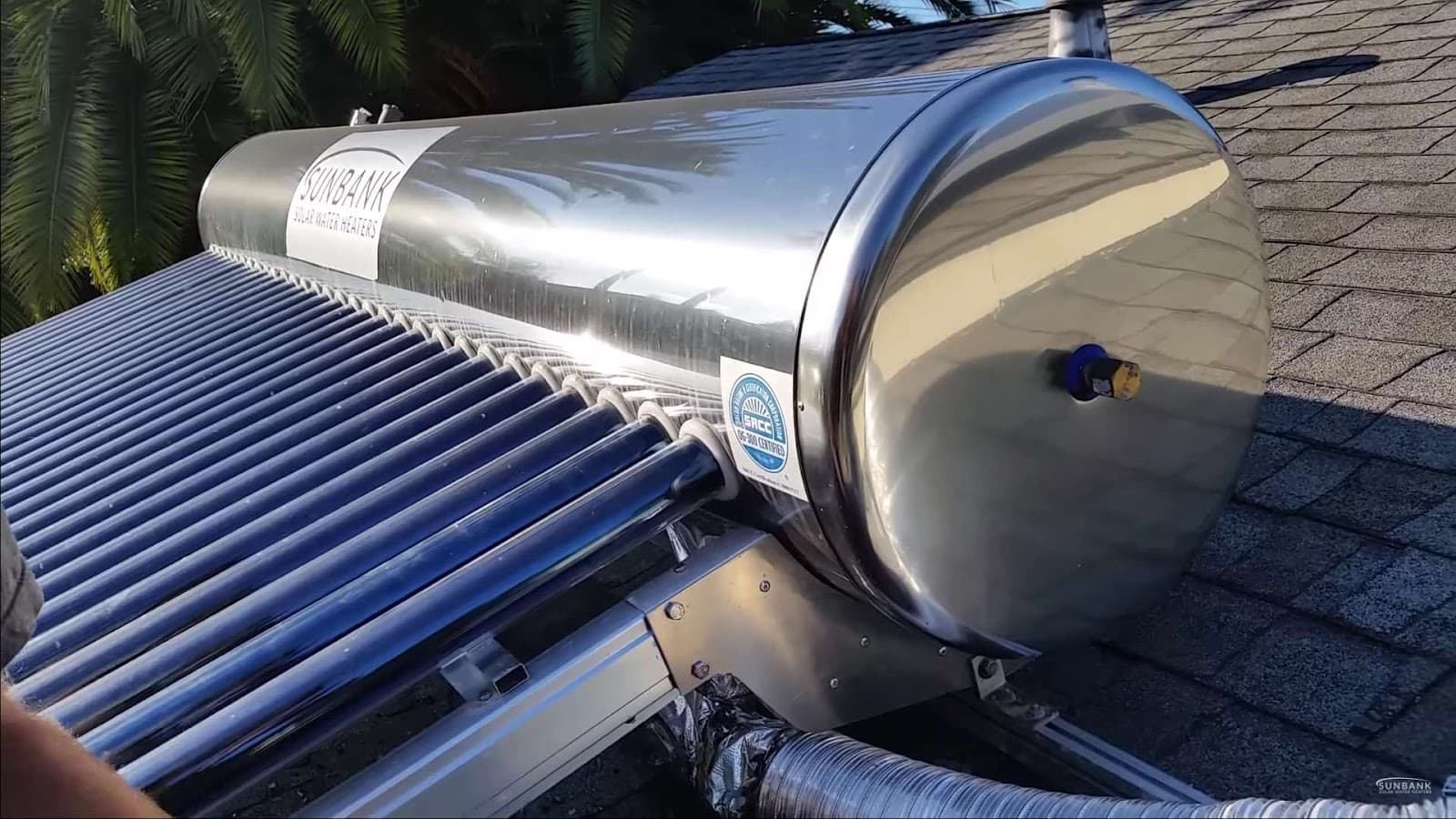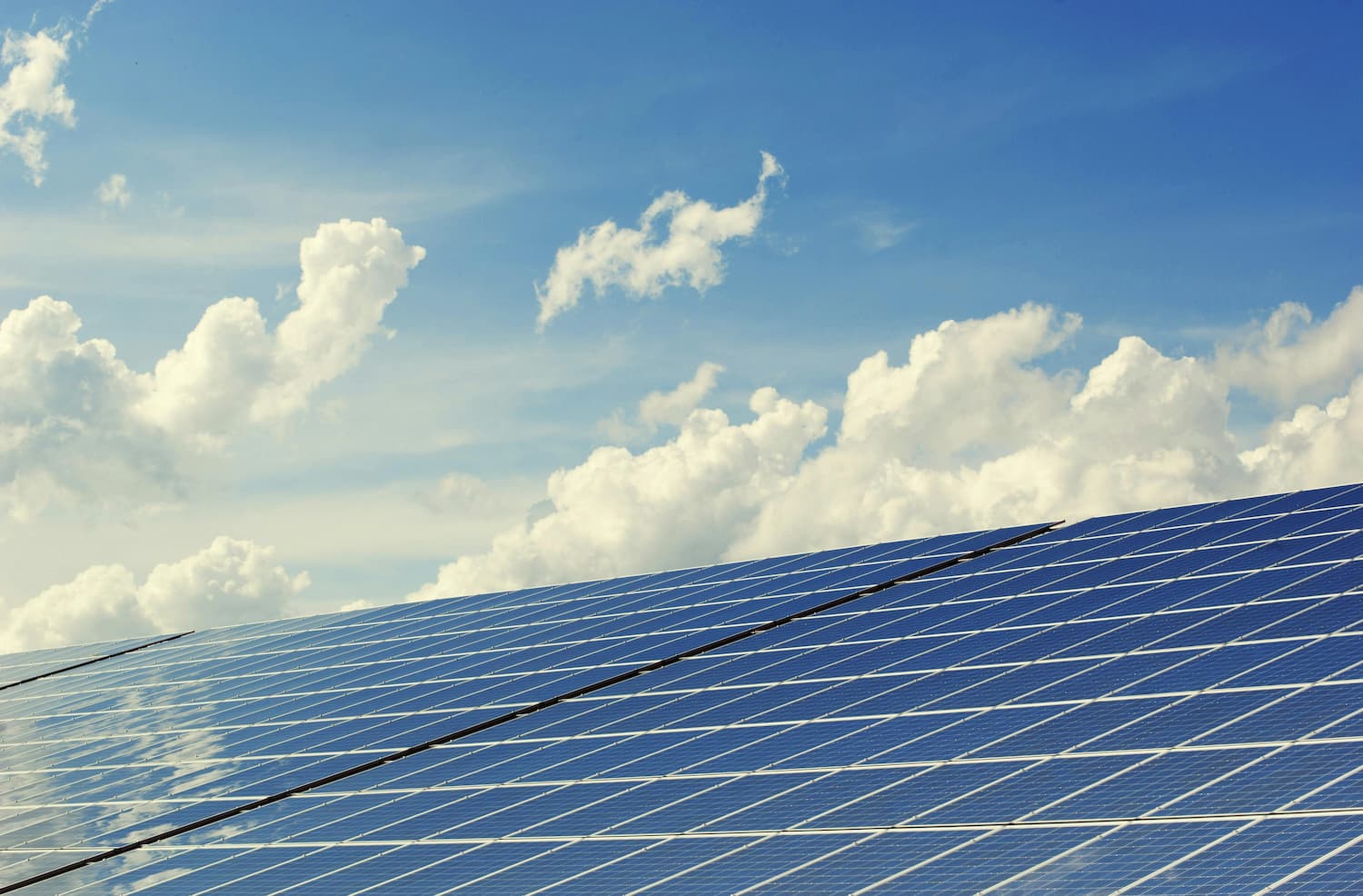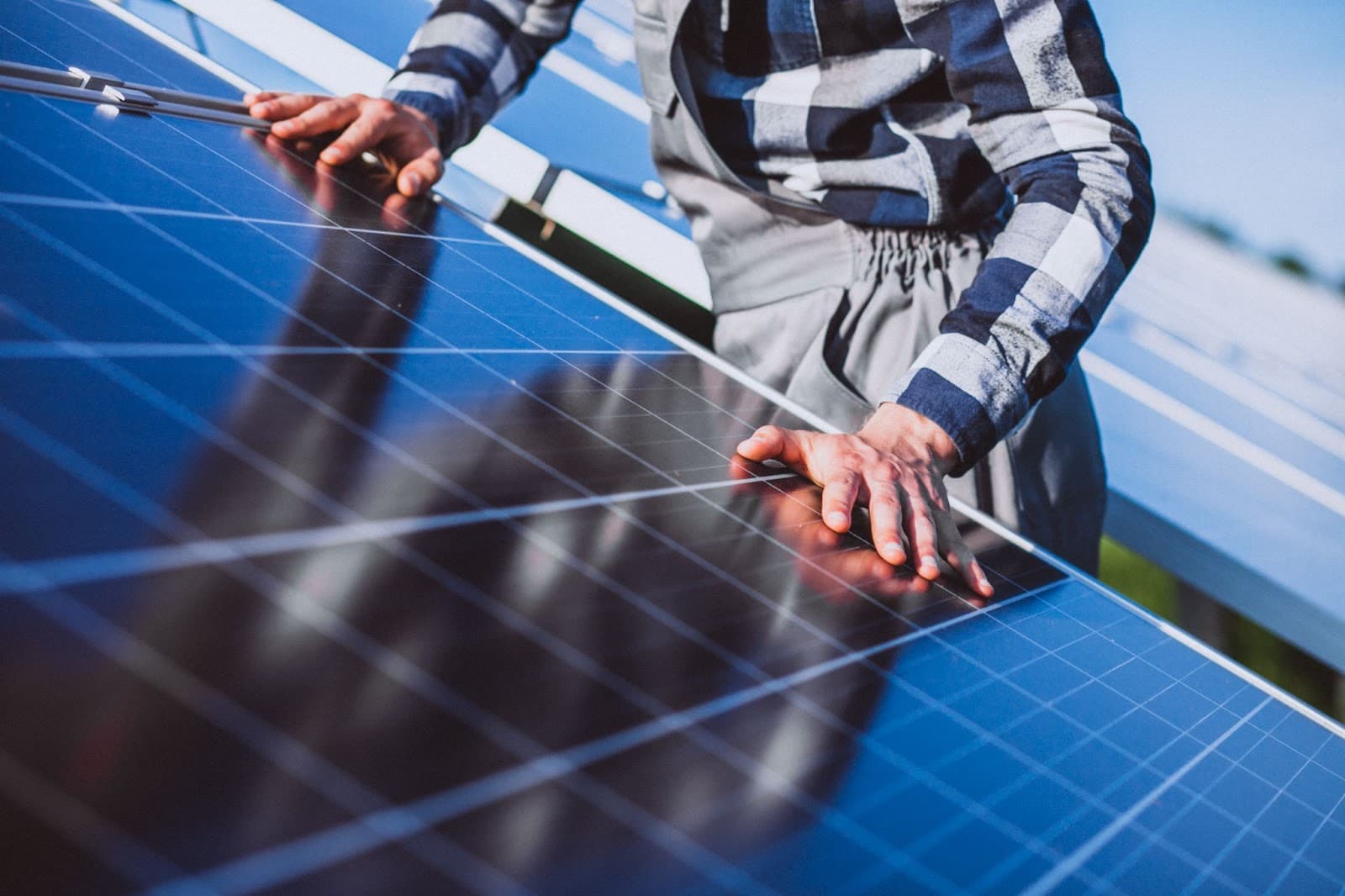Discover Details Regarding Solar Water Heating Systems
The sun, a colossal energy provider, dispenses an unparalleled magnitude of power every day. Solar water heating systems brilliantly capture a fraction of this abundance, converting it to serve our daily necessities.
In an age where sustainability isn’t just a preference but a pressing need, solar water heating emerges as an eco-friendly alternative to conventional water heaters. Relying on fossil fuels or electricity often leaves a carbon footprint, while solar heaters offer an environmentally-conscious choice, reducing greenhouse gas emissions and dependency on non-renewable energy sources.
Choosing solar water heating is not just about embracing an eco-friendly option; it’s about understanding the long-term benefits. Over time, the initial investment in solar infrastructure can be offset by reduced energy bills, making it a financially sound decision as well. Additionally, the push towards green building certifications and incentives provided by many governments worldwide further sweeten the deal for those contemplating the switch.
Essential Elements of a Solar Water Heating System
A solar water heating system is a masterpiece of engineering that harmoniously melds several components to produce an energy-efficient solution for heating water. The most critical elements in this system include:
- Solar Collectors: These are the primary devices designed to absorb sunlight. Their job is simple yet vital:
- Capture solar radiation.
- Convert this energy into heat.
- Heat Transfer System: This component takes the baton from the solar collectors, ensuring that the heat produced doesn’t go to waste. Its functions involve:
- Efficiently transporting the captured heat.
- Directing this heat to where it’s most required, typically a water storage tank.
To ensure optimum performance, it’s crucial to regularly maintain these components, keeping them free from obstructions and ensuring they are adequately positioned to capture maximum sunlight.
The Advantages of Embracing Solar Water Heating
Solar water heaters aren’t just a fad; they offer tangible benefits that can significantly impact both the environment and the user’s wallet. Here’s a deep dive into their advantages:
- Eco-Friendly Solution: Leveraging the power of the sun means reducing the carbon footprint. It’s a green energy source that doesn’t contribute to greenhouse gas emissions.
- Long-Term Cost Efficiency: Although there might be an initial investment, over time:
- Reduced energy bills as sunlight is free.
- Lower maintenance costs compared to conventional heaters.
- Reduced Dependency on Fossil Fuels: As global fossil fuel reserves deplete, solar water heaters offer a sustainable alternative.
- Consistent Hot Water Supply: Unexpected power outages can’t disrupt the hot water supply, ensuring comfort at all times.
- Durability and Longevity: Properly maintained solar water heaters have an impressive lifespan, often outlasting conventional heaters.
Exploring the Varieties of Solar Water Heating Systems
Choosing the right solar water heating system can seem daunting, but a clearer understanding of the available options can simplify the decision. Here’s a guide to the different types:
- Flat-Plate Collectors: These are the most commonly used collectors, characterized by:
- A flat design that’s easy to install.
- Suitable for areas with moderate solar radiation.
- Evacuated Tube Collectors: These are the next-gen solar collectors, offering:
- Enhanced efficiency due to their vacuum-sealed design.
- Higher heat retention, especially in colder climates.
- Active Circulation Systems: These systems use pumps to circulate water or heat-transfer fluids. They are:
- Efficient in larger installations.
- Typically used in areas where freezing is not a concern.
- Passive Circulation Systems: Relying on natural convection to move heated water, these systems:
- Have fewer moving parts, leading to less maintenance.
- Are ideal for smaller installations or regions with mild climates.
When selecting a system, it’s essential to consider local climate conditions, installation costs, and individual requirements to find the perfect fit.
Comprehensive Guide to Installation & Maintenance of Solar Systems
Installing a solar system, while seemingly direct, demands an in-depth understanding and technical know-how. A successful installation ensures not just immediate functionality but optimal performance over the years.
Key Considerations during Installation:
- Solar Collector Angle: The positioning of the solar panels is crucial. Ensure that they are placed at an angle which maximizes the absorption of sunlight. This angle can vary depending on the geographic location and the time of year.
- Sunlight Availability: Study the pattern of sunlight availability in the region. This includes understanding peak sun hours and ensuring there are minimal obstructions like tall buildings or trees in the vicinity.
Maintenance Insights:
Regular upkeep, albeit infrequent, can greatly affect the life and output of a solar system.
- Periodic Cleaning: Dust and debris can reduce the efficiency of solar panels. Regular cleaning ensures they function at peak efficiency.
- Component Checks: Regularly inspect and monitor all components, from the panels to inverters, to ensure they’re in good condition.
- System Updates: As technology advances, there might be software or even hardware upgrades that can boost the efficiency of your system.
In-depth Examination of Costs & Return on Investment (ROI) for Solar Systems
While the upfront costs of installing a solar system can seem daunting, a broader perspective paints a different picture. Considering the long-term savings, environmental benefits, and potential financial incentives, it becomes clear that solar energy is a worthwhile investment.
Breaking Down the Costs:
- Initial Expenses: These include equipment like solar panels, inverters, and the installation process itself.
- Operational Costs: These are recurring expenses like periodic maintenance and system updates.
Understanding the ROI:
- Long-term Savings: Over time, solar systems can substantially reduce or even eliminate electricity bills.
- Government Incentives: Many governments worldwide offer incentives like tax breaks, rebates, and grants to promote solar energy adoption. Investigate local schemes to factor them into ROI calculations.
- Environmental Returns: Apart from financial gains, consider the priceless benefit of reducing one’s carbon footprint and promoting a more sustainable future.
Recommendations:
- Always consult with a professional before installation to get a tailored cost and ROI estimation.
- Stay informed about new advancements in solar technology and government incentives, as these can affect ROI positively.
Remember, the goal isn’t just cost-saving, but contributing to a greener future. With solar systems, not only does one invest in personal financial gains but in the well-being of the planet.
Potential Hurdles in Solar Water Heating Adoption
Solar water heating systems, despite their substantial advantages, present some challenges that could deter potential users. The following outlines the potential obstacles and suggests possible remedies:

- Space Constraints: Solar water heating systems typically require space for panel installations, which might not be feasible for every household, especially those in densely populated urban areas.
- Possible Solution: Innovative designs and compact systems have emerged that minimize space utilization. These systems can be integrated into rooftops, walls, or even balconies.
- Climatic Variability: The efficiency of a solar water heating system can vary based on geographical location and weather conditions. Overcast days or prolonged rainy seasons can reduce the system’s capability to heat water.
- Possible Solution: Hybrid systems that combine solar with conventional energy sources can ensure uninterrupted service. Additionally, advanced solar collectors are now designed to operate effectively even in less-than-ideal weather conditions.
- High Initial Investment: The upfront cost for purchasing and installing a solar water heating system can be considerable.
- Possible Solution: Government incentives, tax rebates, and financing options can offset these initial costs. Furthermore, considering the long-term savings on energy bills, the return on investment makes these systems increasingly attractive.
The Evolving Landscape of Solar Water Heating
As the global energy landscape shifts towards more sustainable sources, solar water heating is primed for further growth and development. Here’s a glimpse into its promising trajectory:
- Technological Advancements: The solar industry is in a constant state of evolution, with new breakthroughs leading to more efficient and cost-effective systems. These advancements range from improved solar collectors to sophisticated storage solutions.
- Affordability: As production scales up and technology matures, the cost of solar water heating systems is expected to drop, making it accessible to a broader range of consumers.
- Global Shift towards Sustainability: With the rising awareness of environmental issues and the pressing need to reduce carbon footprints, nations worldwide are encouraging renewable energy adoption. Solar water heating, as a result, is gaining traction as an essential component of green energy solutions.
- Integration with Smart Grids: The future may see solar water heating systems integrated into smart grids, enabling them to communicate with other home appliances and ensure optimized energy utilization.
Conclusion
The promise and potential of solar water heating systems cannot be understated. As we’ve explored in this article, these systems harness the abundant energy from the sun to provide households and businesses with a sustainable and eco-friendly solution for their water heating needs. From understanding the basic mechanisms that drive these systems to considering their economic and environmental benefits, it’s clear that solar water heating stands out as an innovation that can significantly reduce our carbon footprint while ensuring a consistent and cost-effective source of hot water. As the world increasingly seeks renewable energy sources to combat the detrimental effects of climate change, investing in and promoting solar water heating systems become more crucial. It is a testament to humanity’s ability to adapt and innovate, and with continued research and technological advancements, solar water heating will likely play an even more prominent role in shaping a sustainable future.









